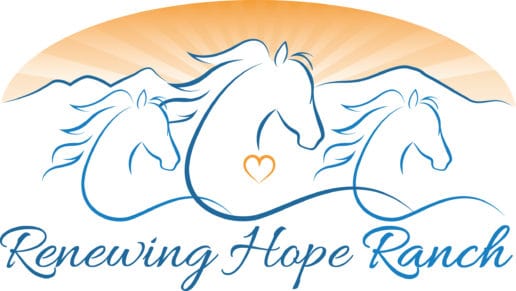Post Traumatic Stress Disorder: PTSD
 Post Traumatic Stress Disorder (PTSD) can impact any person, of any gender, any socioeconomic status, cultural upbringing, or age.
Post Traumatic Stress Disorder (PTSD) can impact any person, of any gender, any socioeconomic status, cultural upbringing, or age.
- Do you have constant emotional triggers when faced with situations?
- Do you experience flashbacks or nightmares?
- Do you have a hard time facing typical life circumstances because you experienced a life changing event?
- Have you struggled to feel connected to people, others, or your environment?
- Have you noticed a decline in relationships, joy, life satisfaction, or enjoyment in activities?
- Are you experiencing fear in the situations that you once felt comfortable in?
- Has what feels like anxiety overtaken your daily living activities?
If you ask yourself these similar types of questions or can answer yes to these questions. It is possible that you have experienced something in your life that has left you with the symptoms of PTSD. You are not alone in this, so many people experience PTSD but struggle to be able to understand what it is and why we can’t shake it. There is hope in healing PTSD and you can experience healing from the event or events that caused your life to flip upside down.
Understanding PTSD
Post Traumatic Stress Disorder is common in war veterans, first responders, but is not designated to only people who put their lives on the line. PTSD can happen to anyone. PTSD is brought on by any life changing event or circumstance that is overly stressful, frightening, or distressing that leaves a person feeling persistent fear, anxiety, possible flashbacks, bad dreams, or other symptoms. Events could range from single incident to multiple incident of the events mentioned above that create PTSD. PSTD leaves us in a constant fight, flight or freeze and it is taxing to the body and the mind. Trauma is stored in the body and often times we have a hard time to put words to the emotions that are presenting themselves and leaves us feeling completely hopeless, lost, and isolated from the people surrounding us. PTSD can wreak havoc on all areas of your life: mental health, relationships, social life, your profession, and other areas. That is why PTSD can be so debilitating to so many people.
PTSD in Real Life
Many people do not understand the anger outbursts, the isolation, the constant fear. People many times believe that we should be “strong enough to just get over it”. They don’t understand the way that our body and mind processed what we were experiencing and the perception of threat to our life in that given situation. Sometimes you may even find yourself questioning the ways you are reacting to the things that are happening around you.
Horses, Animals, Nature, Therapy, & PTSD
 Seeking help for PTSD is one of the most important things you can do. Animals, therapy, and nature can help relieve the pressure that emotions build up due to the trauma that was inflicted on us. When we are battling with PTSD, it feels like no where in the world could possibly be safe. When we encounter a horse, an animal, or solidarity in nature we find an inner peace that was lost through the turmoil of the pain. Horses can help us delve into a deeper sense because the offer a sense of acknowledgement and unconditional acceptance. Horses and animals don’t care about what we have been through or what our past is, they simply care about how you show up. PTSD triggers a loss of self and emotional regression and takes us out of the present moment. Horses only live in the present, they are physically, emotionally, and mentally present at all times. Interacting with a horse through touch, feel, and body language can begin the release traumatic energy that is held in the body. This allows a person to be able to put words to their experience so they can process through the buried emotions that are causing the symptoms associated with PTSD.
Seeking help for PTSD is one of the most important things you can do. Animals, therapy, and nature can help relieve the pressure that emotions build up due to the trauma that was inflicted on us. When we are battling with PTSD, it feels like no where in the world could possibly be safe. When we encounter a horse, an animal, or solidarity in nature we find an inner peace that was lost through the turmoil of the pain. Horses can help us delve into a deeper sense because the offer a sense of acknowledgement and unconditional acceptance. Horses and animals don’t care about what we have been through or what our past is, they simply care about how you show up. PTSD triggers a loss of self and emotional regression and takes us out of the present moment. Horses only live in the present, they are physically, emotionally, and mentally present at all times. Interacting with a horse through touch, feel, and body language can begin the release traumatic energy that is held in the body. This allows a person to be able to put words to their experience so they can process through the buried emotions that are causing the symptoms associated with PTSD.
